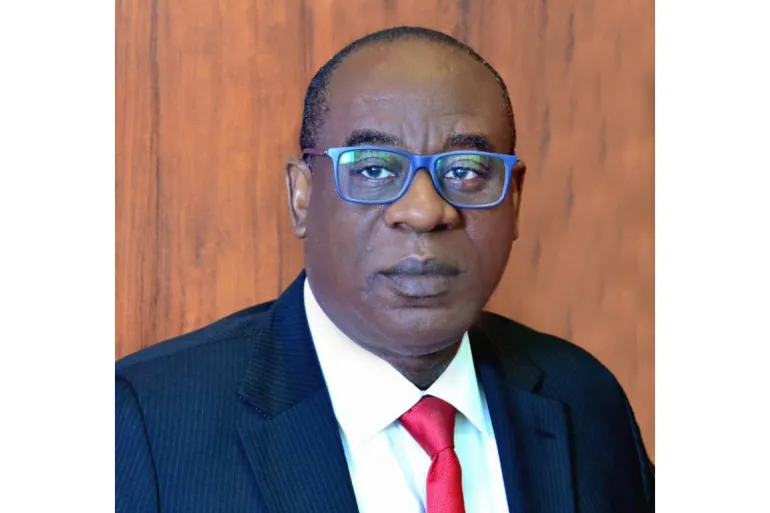A private sector policy think tank, Agora Policy, has advised the Central Bank of Nigeria (CBN) on ways it can tame the country’s rising inflation.
In a new report titled: ‘Understanding Nigeria’s Soaring Inflation And How To Tame It,’ Agora Policy said the apex bank need to recognise the scale of the inflation challenge in the country and the importance of getting inflation under control.
‘‘As long as inflation remains high, every other objective, be it the quest for exchange rate stability or the president’s agenda for increased cheap lending to MSMEs, will be much more difficult to achieve. The CBN needs to remember that its primary monetary policy objective is to keep inflation in check.
‘‘Given that inflation is currently much higher than ideal, the direction of monetary policy has to be to tighten or reduce the growth of money supply. This also means that interest rates will likely have to go up. How far up? At least to the point where “real” interest rates are no longer negative, but maybe even higher. These actions to reduce the growth of money supply and increase interest rates are likely to be complicated by all the underhand administrative measures which were put in place to force rates down or to limit money supply growth through the back door,’’ Agora Policy said.
According to the report, the new dispensation combined with quick policy actions on fuel subsidies and foreign exchange, as well as the arrest of the suspended central bank governor, has brought the question of monetary policy to the front burner. The report also said that with President Bola Tinubu announcing during his inaugural speech the need to “clean” the Central Bank of Nigeria (CBN) as well as the need to reduce interest rates to promote MSME-led growth, the question therefore revolves around what the CBN has been doing wrong, and what is the way forward.
‘‘The backdrop to this question is the uncomfortably high and rising inflation which hit an 18-year high of 22.41 per cent in May. Inflation at over 22 per cent is a big challenge for any economy. It means that prices double in less than four years. It means that salary earners lose 22 per cent of their purchasing power every year. It means that the government would need to generate 22 per cent more revenue just to provide the same public services. It means that the Naira will likely weaken by 22 per cent, less whatever global inflation is, in the next year. Inflation at 22 per cent means that the challenge of moving the Nigerian economy forward and improving the lives of ordinary people forward is significantly harder.
‘‘Given the misdirection by the CBN over the last few years, there may be a tendency for the government to want to take closer control of monetary policy. This will likely be counterproductive as it has been demonstrated here in Nigeria and in other countries where governments tend to want to use monetary policy for other non-inflation objectives. Which is the underlying problem that the CBN faces today,’’ Agora Policy said.
It also described the recent history of monetary policy in Nigeria as the CBN trying to use monetary policy for things that monetary policy could not do, and choosing to focus on other issues while abandoning its inflation mandate.
The report suggested that a better way forward would be to strengthen the monetary policy committee and place limits on CBN’s actions that fall beyond the scope of its regular monetary policy actions. It stated, ‘‘ One option here would to increase the number of independent members of the committee (currently only four out of 12) and/or reduce the members from the CBN and other government agencies. For instance, there is no real reason why the deputy governor for corporate services, a largely administrative role, should be voting on monetary policy. Increased oversight, to ensure that the CBN actually implements the decisions of the monetary policy committee, would also help strengthen the credibility of the CBN.’’
The think tank also disclosed that the direct sources of expansion in money supply witnessed over the past decade, specifically the ways and means financing of the government and the myriad of intervention funds will have to stop.





